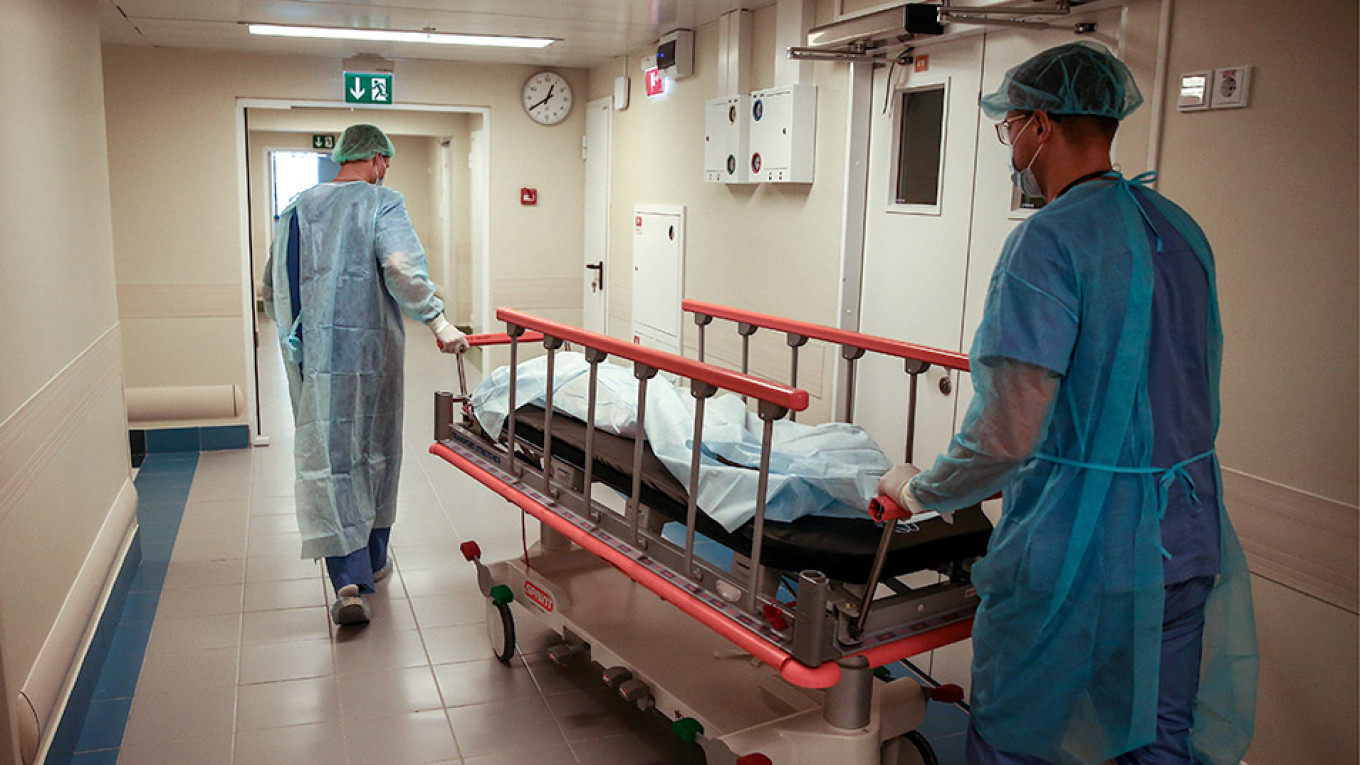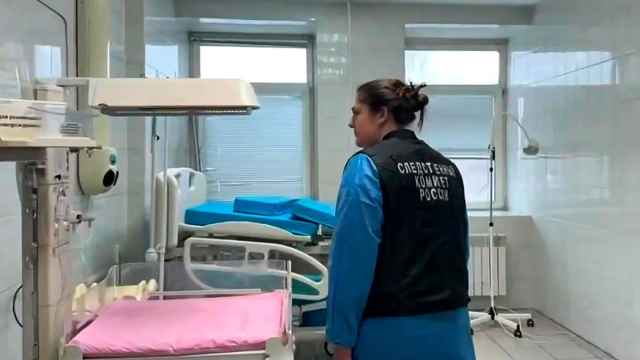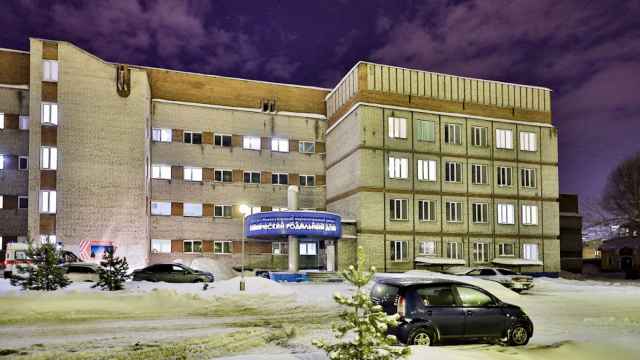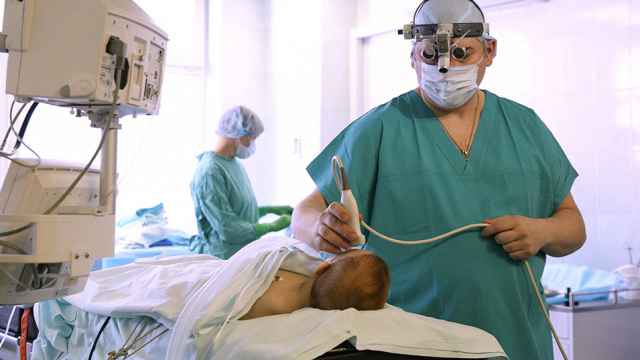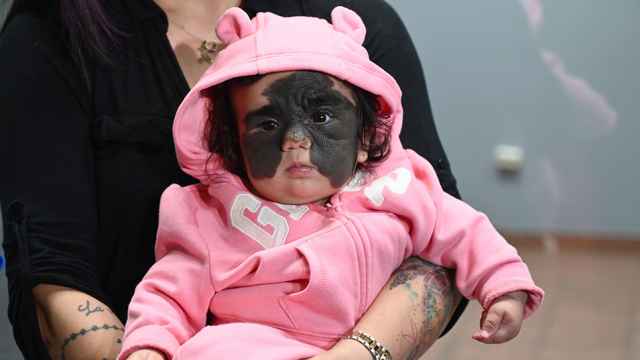As many as 150 child cancer patients have been infected with hepatitis C in Russia’s Far East in an outbreak that parents and officials say is the result of unhygienic medical practices, BBC Russia has reported.
Officials in the Amur region said parents had been ringing the alarm about a hepatitis С outbreak in the Blagoveshchensk children’s cancer hospital since 2012. Local officials suspected that the reuse of gloves and catheters has infected dozens of children as young as six months old in 2018 alone.
The latest victim count exceeds 100 children, BBC Russia cited as saying an unnamed source in Russia’s Investigative Committee, which has opened a criminal case into hygiene violations.
Parents estimate that more than 150 children may have been infected.
“Every other child in that ward has this diagnosis and no one asks themselves: Where is it coming from?” one parent was quoted as saying in a 2017 letter to President Vladimir Putin.
Parents and children who stayed at the hospital told the outlet they had witnessed blood-stained equipment and doctors reusing gloves. “Prison-like” conditions were rampant at the hospital, the only one of its kind in the entire Amur region, the parents said.
“I thought it was a prison,” another parent whose name was changed by BBC Russia was quoted as saying.
The region’s top health official has said “steps to ensure accountability” will be taken after a comprehensive investigation. Parents had begun filing lawsuits this spring, seeking 10 million rubles (almost $160,000) in moral damages for each infected child.
A liver disease caused by a blood-borne virus, hepatitis С can in most cases be cured with antiviral medicine. In Russia, most antiviral treatments for the disease haven’t yet been licensed to treat children, while treatments that have been licensed for children can be costly, BBC Russia reported.
A Message from The Moscow Times:
Dear readers,
We are facing unprecedented challenges. Russia's Prosecutor General's Office has designated The Moscow Times as an "undesirable" organization, criminalizing our work and putting our staff at risk of prosecution. This follows our earlier unjust labeling as a "foreign agent."
These actions are direct attempts to silence independent journalism in Russia. The authorities claim our work "discredits the decisions of the Russian leadership." We see things differently: we strive to provide accurate, unbiased reporting on Russia.
We, the journalists of The Moscow Times, refuse to be silenced. But to continue our work, we need your help.
Your support, no matter how small, makes a world of difference. If you can, please support us monthly starting from just $2. It's quick to set up, and every contribution makes a significant impact.
By supporting The Moscow Times, you're defending open, independent journalism in the face of repression. Thank you for standing with us.
Remind me later.


